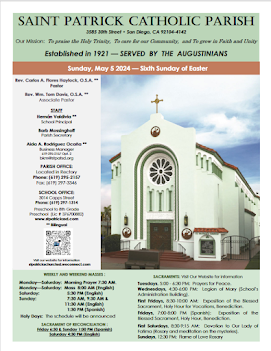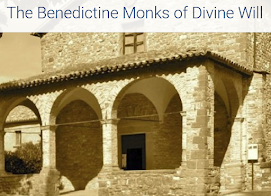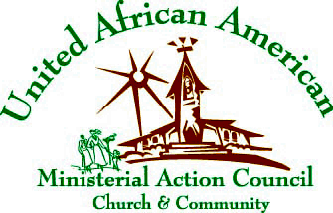First the bad news:
Here
we shine some evidence-based light on the matter through 10 dispiriting
findings that reveal the darker and less impressive aspects of human
nature. … We view minorities and the vulnerable as less than human…. We
experience Schadenfreude (pleasure at another person’s distress) by age four…. We are vain and overconfident….
And on it goes. Such are some of
the less noble findings of the science of psychology. The article ends on a hopeful, if naïve, note:
Don’t
get too down—these findings say nothing of the success that some of us
have had in overcoming our baser instincts. In fact, it is arguably by
acknowledging and understanding our shortcomings that we can more
successfully overcome them, and so cultivate the better angels of our
nature.
Maybe with God’s help. Which as it turns out, is another
recent conclusion of the science:
Studies
have shown that religious people are less prone to depression and
anxiety, are less likely to abuse alcohol and drugs, and have above
average immunity to physical diseases. As a result, psychologists are
now developing faith-based approaches to treating chronic anger and
resentment, the emotional scars of sexual abuse, and eating disorders.
If
God is a crutch, it turns out he’s a very useful one. But of course,
religion, and Christianity in particular, is not ultimately about us or
our mental well-being. As the Westminster Shorter Catechism puts it,
it’s about glorifying God and enjoying him forever. Often that leads to
mental health. But sometimes to a dark night of the soul. Yet always, in
the end, to the Source of all goodness and life.
The ‘Religion of Humanity’
Life
without God—well, that has been the goal of the movement known as
humanitarianism. Author Daniel Mahoney has written a book about what he
calls “
The Idol of Our Age,” and the book is
reviewed by Gerald Russello in
City Journal:
Mahoney
draws on a tradition of reflection on humanitarianism, including
Alexandr Solzhenitsyn, Pope Emeritus Benedict XVI, Hungarian philosopher
Aurel Kolnai, and Russian Orthodox thinker Vladimir Soloviev. As
Mahoney frames the debate, “woefully ignorant of sin and of the tragic
dimension of the human condition, [humanitarianism] reduced religion to a
project of this-worldly amelioration. Free-floating compassion
substitutes for charity, and a humanity conscious of its unity (and
utter self-sufficiency) puts itself in the place of the visible and
invisible Church.”
Sounds like an important book that will spark more comment in the coming weeks.
Christian Humanitarianism in Action
A number of Christians in the Netherlands believe God is calling them to help some humans by
worshiping, now for nearly 1,000 hours straight:
A
marathon worship service held by a church in the Netherlands to shield a
family of asylum seekers has garnered worldwide attention. The feat has
proved impressive for its longevity alone—now going on six weeks—but
also represents a unique ecumenical moment among Christians in the tiny
European nation.
Dutch
law generally prohibits officials from interrupting a religious
service, so Bethel Church in The Hague has kept worship going non-stop
in order to turn its church into a sanctuary for an Armenian family who
faces expulsion.
A Picture of Courage—and Help
Speaking of working together,
check out this video
of hyenas attacking a lion. It looks like it’s going to become
gruesome, but stick it out to the very end. It’s a picture of Proverbs
30:30 (“a lion, mighty among beasts, who retreats before nothing”) and
Psalm 46:1 where God is described as “an ever-present help in trouble.”





















No comments:
Post a Comment